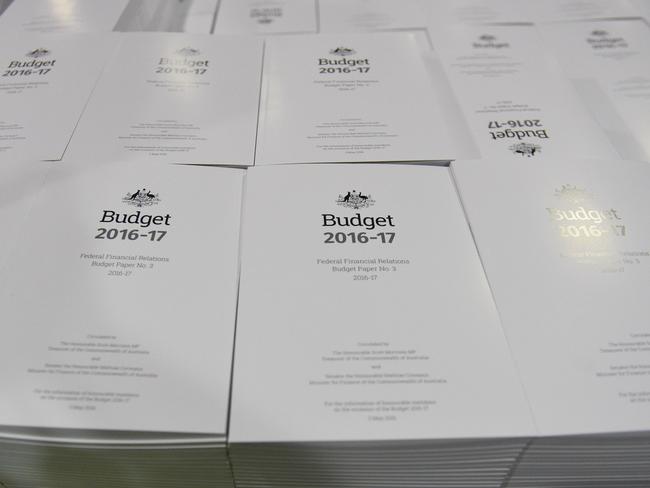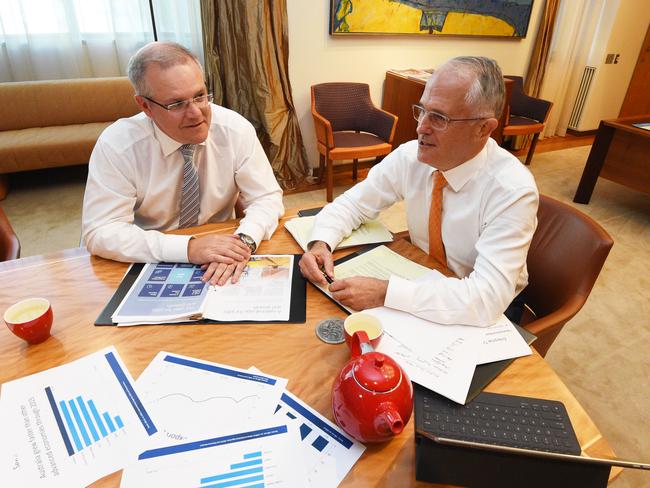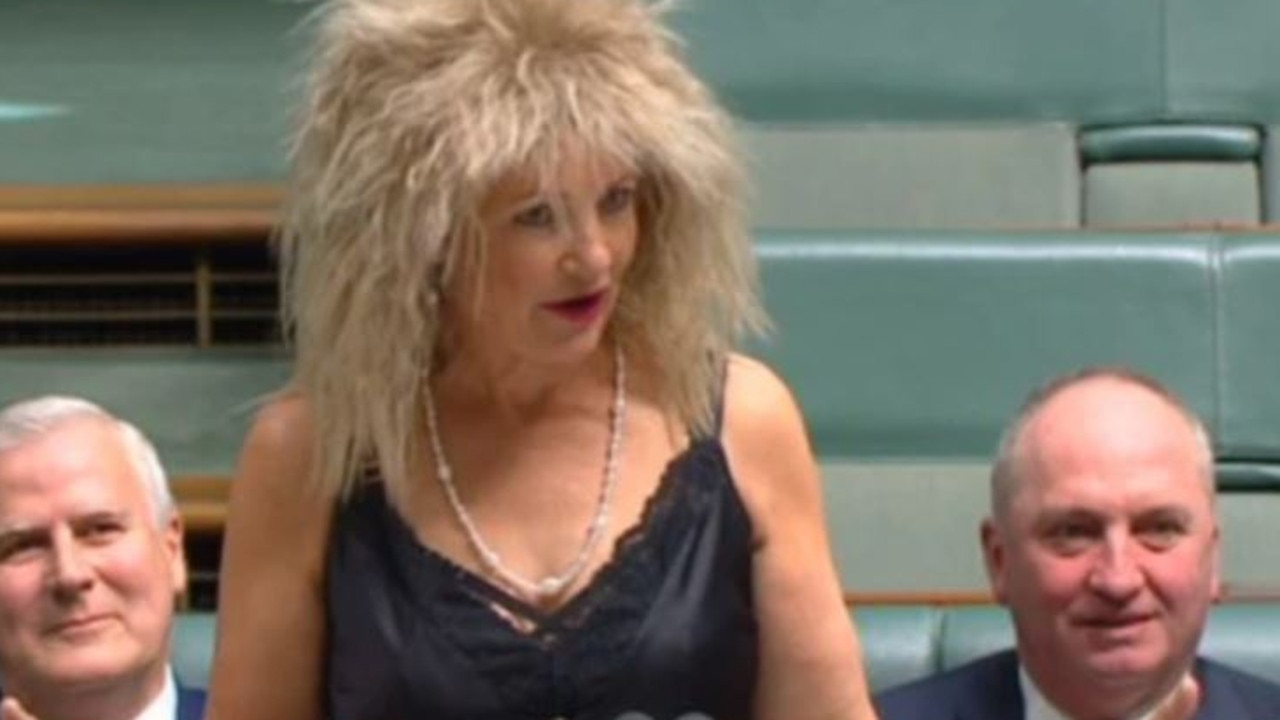Income tax cuts, superannuation changes: Your Federal Budget 2016 questions answered
TODAY the Turnbull Government will deliver its first Budget. But with words and phrases like surplus and deficit thrown around, it’s no wonder some of us are confused.
Fed Budget
Don't miss out on the headlines from Fed Budget. Followed categories will be added to My News.
TODAY the Turnbull Government will deliver its first Budget.
It’s a big day ahead for our 29th Prime Minister who is keen to prove to Australia his government is more than capable of providing economic leadership.
But while we already know some of what the 2016 Budget entails, there are a few of us out there who admit to feeling a little confused about what it all means.
With words and phrases like surplus, deficit and balancing the budget being thrown around, it’s little wonder we might not understand how it affects us.
But the reality is, it does, and probably more than you think.
WHAT IS THE BUDGET?
Basically, the Budget sets out the government’s spending intentions over the next four years.
This spending is set out in the Budget papers which are made of books containing economic forecasts, financial strategy, spending and revenue measures as well as management of government debt.
The Budget covers the coming financial year — the 12 months ending June 30 — and a further four-year period, known as the estimates. The first two years are forecasts, the latter two are projections.
HOW DOES IT WORK
The papers, to be released tonight, and announced by Treasurer Scott Morrison, will be poured over by dozens of journalists, economists and experts who will analyse, criticise and reflect on what it means for the nation.
Dozens of journalists will this afternoon go into a Budget lockup from around 1.30pm which involves no communication with the outside world until the Treasurer delivers his speech around 7.30pm.

WHY THE BIG SECRET?
In short, the government likes to keep its cards close to its chest, but that doesn’t mean leaks and sweeteners aren’t revealed before the big night. In fact many often are.
However the papers themselves remain under tight watch closely guarded in a cage in the basement of Parliament House.
The papers are printed under tight security before being taken to Parliament House ahead of being handed out, Fairfax reported.
WHY SHOULD I CARE?
Like it or not, interested or not at all, the Budget will affect you more than you think mainly because your tax dollars go towards making it happen.
Chances are if you’re not affected by a tax cut, you’ll be affected by cuts in spending, or might be paying more for your beer and wine.
It’s enough to make you drink, or think twice about it.
Or if you’re a homeowner with a property portfolio you might care whether the government is going to make changes to negative gearing which is important if you’re planning on selling or buying a house or two or maybe upping the rent your tenants pay.
HOW IS IT SPENT?
The Budget outlines spending on things including the welfare system, schools, roads, health and defence.

WHY IS IT IMPORTANT FOR THE GOVERNMENT?
This year’s Budget will be vital in securing Malcolm Turnbull’s leadership ahead of a long election campaign after he promised to deliver “economic leadership” when he took over the leadership role last year.
When the Coalition won the election three years ago, it was heavy on promises to return the budget to surplus quickly but that is yet to happen.
As a relatively new leader, Mr Turnbull will be keen to show his supporters and the nation he is the man to make a surplus a reality.
HANG ON, WHAT’S A SURPLUS?
In simple terms, a surplus means the government has more money than it owes, in other words it’s where income exceeds spending. In theory your taxes go towards making the surplus happen.
WHAT’S A DEFICIT ANYWAY?
A deficit is when money is owed and can be made up of either a cyclic or structural deficit. In simple terms it’s where spending exceeds revenue.
IS A GDP A SPECIAL TITLE?
Not quite, GDP (gross domestic product) is more or less the value of a nation’s output.
As the economy grows, the government collects more revenue from company taxes and income tax. Things like deficits, revenue, spending and debt are often measured as a proportion of GDP.
DOES THE BUDGET COME INTO FORCE STRAIGHT AWAY?
No, just because something appears in the Budget papers doesn’t mean it will become a reality.
In fact, the measures have to pass the Senate first or are either dropped or forgotten.
When the Abbott government dropped its 2014 Budget, it was roundly criticised for being unfair and containing too many surprises.
Several Budget measures were either blocked or stuck in the Senate.
Among those were the $7 GP co-payment, which was massively unpopular among the electorate, the $5.5 billion Paid Parental Leave scheme, aged pension indexation and changes to the higher education sector.
If passed, the HECS indexation would have seen the former students pay more by linking the HECS loan scheme to inflation, however the hugely unpopular $3.2 billion savings measure was later dumped.
Originally published as Income tax cuts, superannuation changes: Your Federal Budget 2016 questions answered


